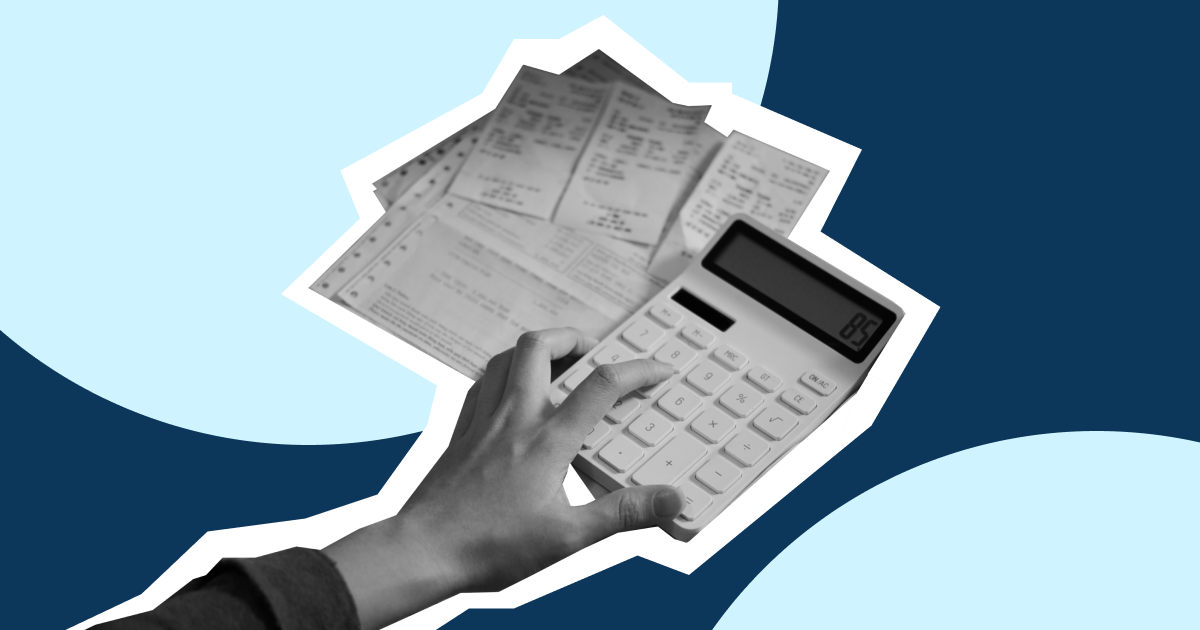Summary
In order to start a successful business, besides a good business idea, we need sufficient knowledge to manage the business. Without it, an entrepreneur can have a wrong understanding of their business condition. A lack of analysis can result in entrepreneurs only looking at a business from the profit point of view without thinking about cash flow.
Conversely, there are also entrepreneurs who only see the availability of cash as an indicator that a business is doing well, without knowing the exact profit generated from the business. Ideally, every transaction is carried out in cash so that there is no significant difference between cash flow vs profit. But, it is very difficult to do this. Debts and receivables can no longer be avoided in running a business. So it really takes a smart calculation to understand both. Therefore, it is important to see the difference and to know how to manage profit and cash flow.
Definition of Cash Flow
According to the accounting regulation Number 2 of 2009 from Indonesian Accounting Association, cash flow is the inflows and outflows of cash and cash equivalents. So it is the calculation of money in and out in a certain period of time. There are two types of cash flows that need to be understood. The first is cash inflows and the second is cash outflows. The following is the definition of cash inflows and cash outflows along with their examples.
Cash inflows
Cash inflows are sources of funds from which cash come from. In cash inflows, there are routine and non-routine receipts. Examples of routine receipts are receipts from products sold. While example of non-routine receipts are receipts from interest or shares.
Cash outflows
In contrast, cash outflows are the need for payments in cash. Just like cash inflows, there are also routine and non-routine cash flows. Routine ones include payment of employee salaries, payment of rental, electricity payments, and purchase of consumables. While non-routine expenses can be in the form of asset purchases and debt payments.
According to the above definitions, it is understandable that having a cash flow report is very important for the operations of a company. If the cash flow is choked up, then it is likely that the operations of a company cannot continue properly. Imagine if a businessman does not have a healthy cash flow, then he will surely find it difficult to meet his daily operational needs, such as paying employee salaries, paying electricity bills, or paying for other operational needs. However, positive cash flow does not always signal the success of a business. Therefore, we need to evaluate the other thing, which is profit.
Definition of Profit
Profit is the difference between income and total costs and expenses for a certain period (M.Nafarin, 2007,788). It can be said that profit is the amount of money earned after deducting all financing requirements. Profit is usually divided into two, namely net profit and gross profit.
Gross Profit
Refering to the amount of money left after deducting all production costs. It serves to show efficiency in production.
Net Profit/ Net income
Net profit is the amount of income after deducting all costs involved in operations, interests, and taxes. In other words, net profit is the amount of income minus all costs, even those not related to production. Net profit serves as a benchmark to show the company's ability to convert sales into profits.
Based on the above definition, profit is an indicator to see the success or failure of a business. Profit shows a definite and measurable value for this.
Difference between cash flow vs profit
Based on the respective definitions above, we can conclude that cash flow focuses on the amount of money in and out of the company. Cash flow does not have a clear value to measure the success of a business. While profit calculation can show a clear value to measure the success of a business. If we see only in terms of the definitions, we can judge that profit calculation can be used as a benchmark in evaluating a business. But what often happens is that profit can be derived from both cash and credit sales. Profit that is delayed because it is done on credit certainly affects the cash flow of a business. So, many entrepreneurs are often fooled by reports that show a high profit regardless of the cash flow condition. Without a healthy cash flow, a business still cannot operate properly.
How to manage cash flow vs profits
After knowing the difference between the two, the challenge is how to manage the two things. If an entrepreneur focuses solely on profits, regardless of cash flow, a business can experience instability because it cannot meet the daily operational needs.
Conversely, if an entrepreneur only pays attention to cash flows, it is difficult for an entrepreneur to measure the success of the business. Therefore, the first important strategy is to make detailed financial records. A company has to regularly record cash flows, and also calculate the profit to evaluate the health of the business.
The next strategy, it is possible to reduce the amount of profit so that the income increases when competition is very tight. With this strategy, a business can continue to run because it has healthy stream of income to finance daily operations even with smaller profits.
We have explained the difference between cash flow vs profit; hopefully this article helps you to evaluate your business more accurately.










%201.webp)


.webp)